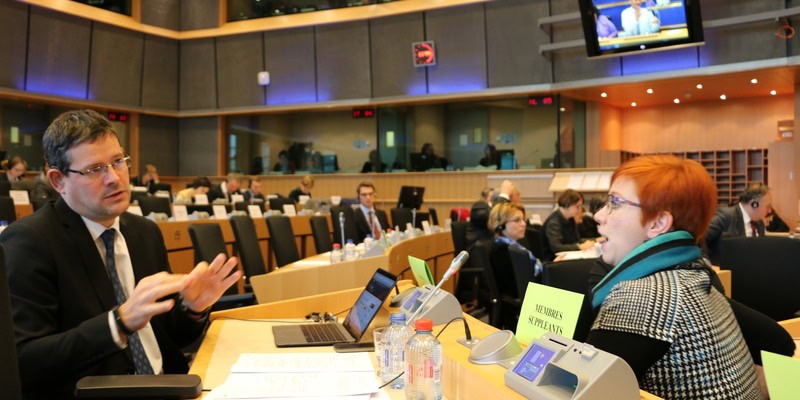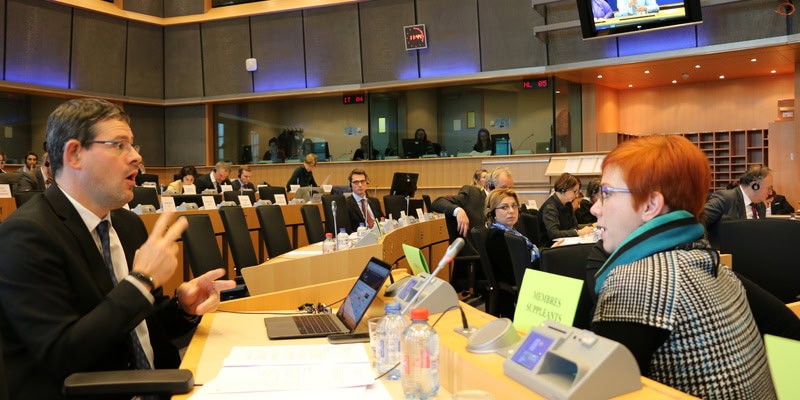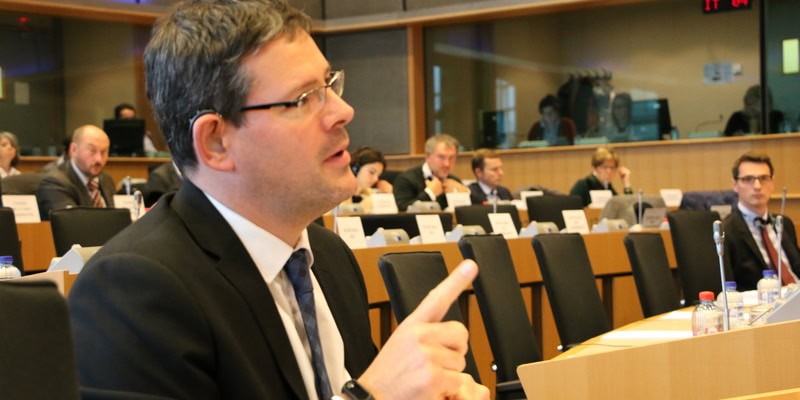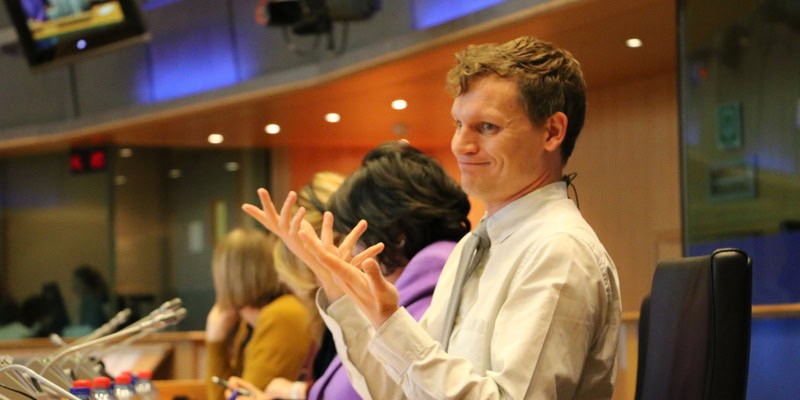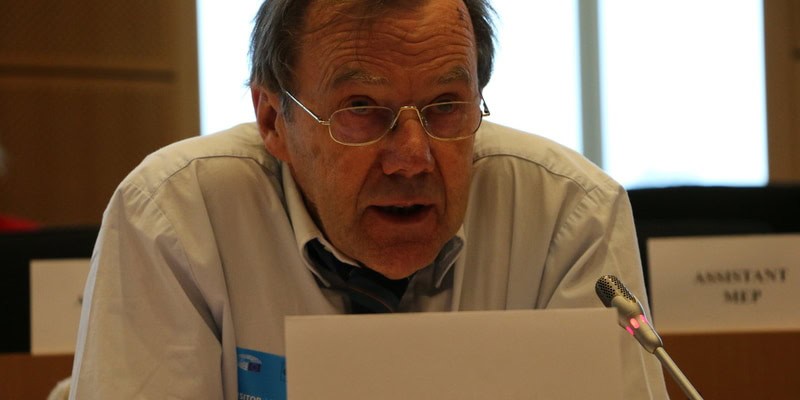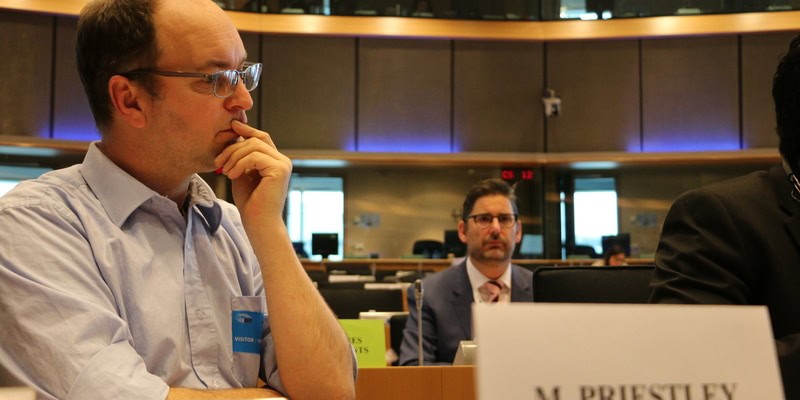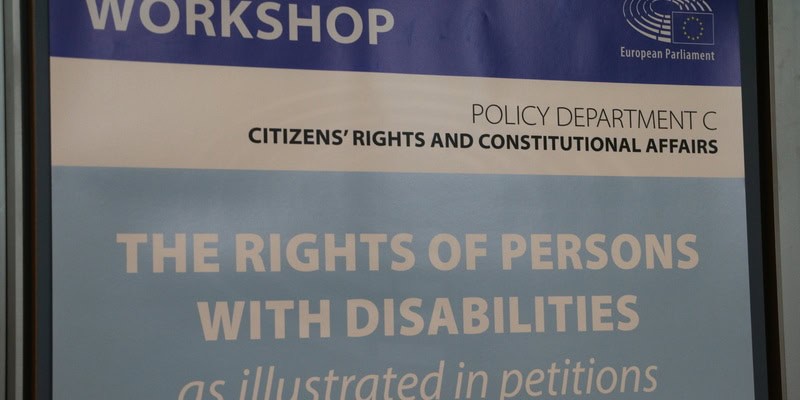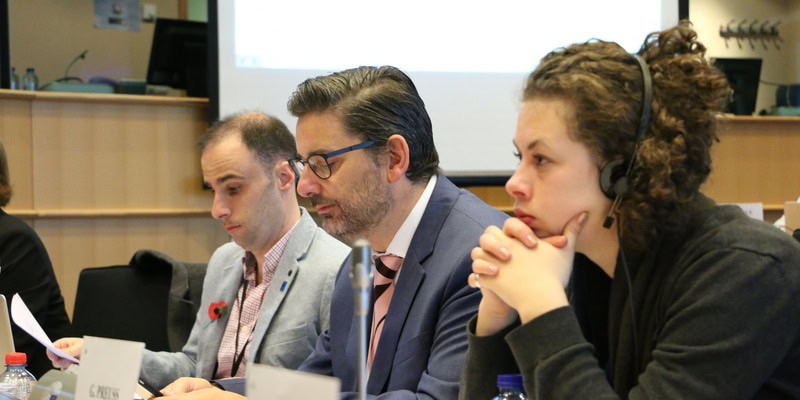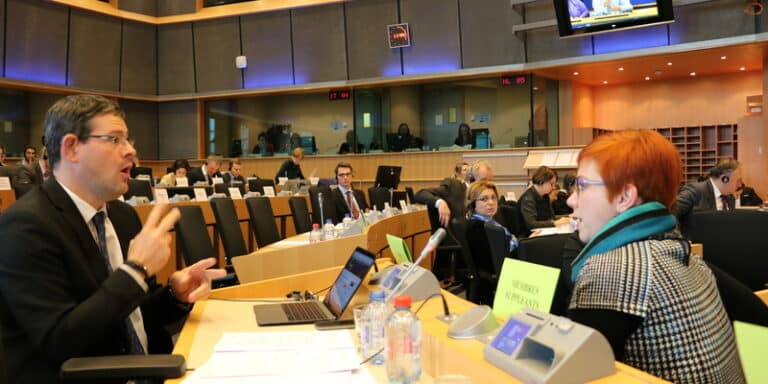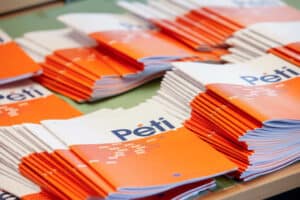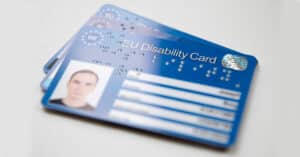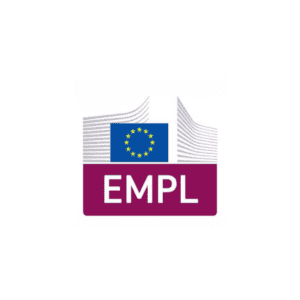On Wednesday 9th of November 2016, EUD participated in a workshop organised by the Petitions committee of the European Parliament on the rights of persons with disabilities as illustrated by petitions.
Several studies about rights of various disability groups were presented. One of the studies focuses on the role of the Petitions committee in the context of the implementation of the UN Convention on the Rights of Persons with Disabilities (UNCRPD). It highlights that one of the ways to improve the functioning of the committee would be to accept petitions in all European national and, if applicable, regional sign languages so that deaf sign language users can contact the committee on an equal basis with others. In the framework of his presentation, the speaker Mark Priestley, referred to the petition that EUD has submitted to the Petitions committee in which it asked the European Parliament to allow for this, pointing out its importance and accuracy.
Following the workshop, several petitions related to the rights of persons with disabilities were discussed. This included the petition by Professor Franz Dotter, an Austrian citizen, concerning the lack of recognition of Austrian sign language as a first language for Austrians nationals who are deaf. In his presentation Prof Dotter noted that, while Austria has good regulation for minority spoken languages, that it doesn’t provide the same for sign languages. He commented that deaf people should be treated equally in that regard.
Austria has in fact ratified the United Nations Convention for the Rights of Persons with Disabilities (UNCRPD) but has legal reservations, meaning that no persons, or group can rely on this convention when accessing administration or court proceedings. This, as Professor Dotter said, does not ‘meet the spirit of the European Union’.
According to the European Commission, this is an issue of national competence, as it is the national authorities, in this case the one of Austria, that are responsible for creating legislation with regards to language rights.
However, MEP Ádám Kósa intervened saying that, while language policies are made on a national level, this is ‘not exclusively an Austrian problem, but a widespread European problem’. It is an issue of discrimination of deaf people in education. MEP Kósa recommended that a report be written on access to services for deaf children, with a particular focus on education. He noted that by stunting the use of their mother tongue, Austrian sign language, the linguistic rights of Austrian nationals are being violated.
MEP Peter Jahr suggested that Prof Dotter bring a petition to the national Committee of Petitions in Austria to speed the process up.
The Committee of Petitions in the European Parliament has proposed to write a strong letter the Austrian Parliament reminding them of their responsibilities as signatories of the UNCRPD. The Convention requests state parties in article 24 on education to ensure that the education of persons who are blind, deaf or deafblind is delivered in the most appropriate languages, which for deaf persons, is sign language.
EUD was very pleased with the discussions and hopes that the mention of EUD’s petition asking to allow for the submission of petitions in sign languages will encourage the committee to review the petition with a positive outcome.
